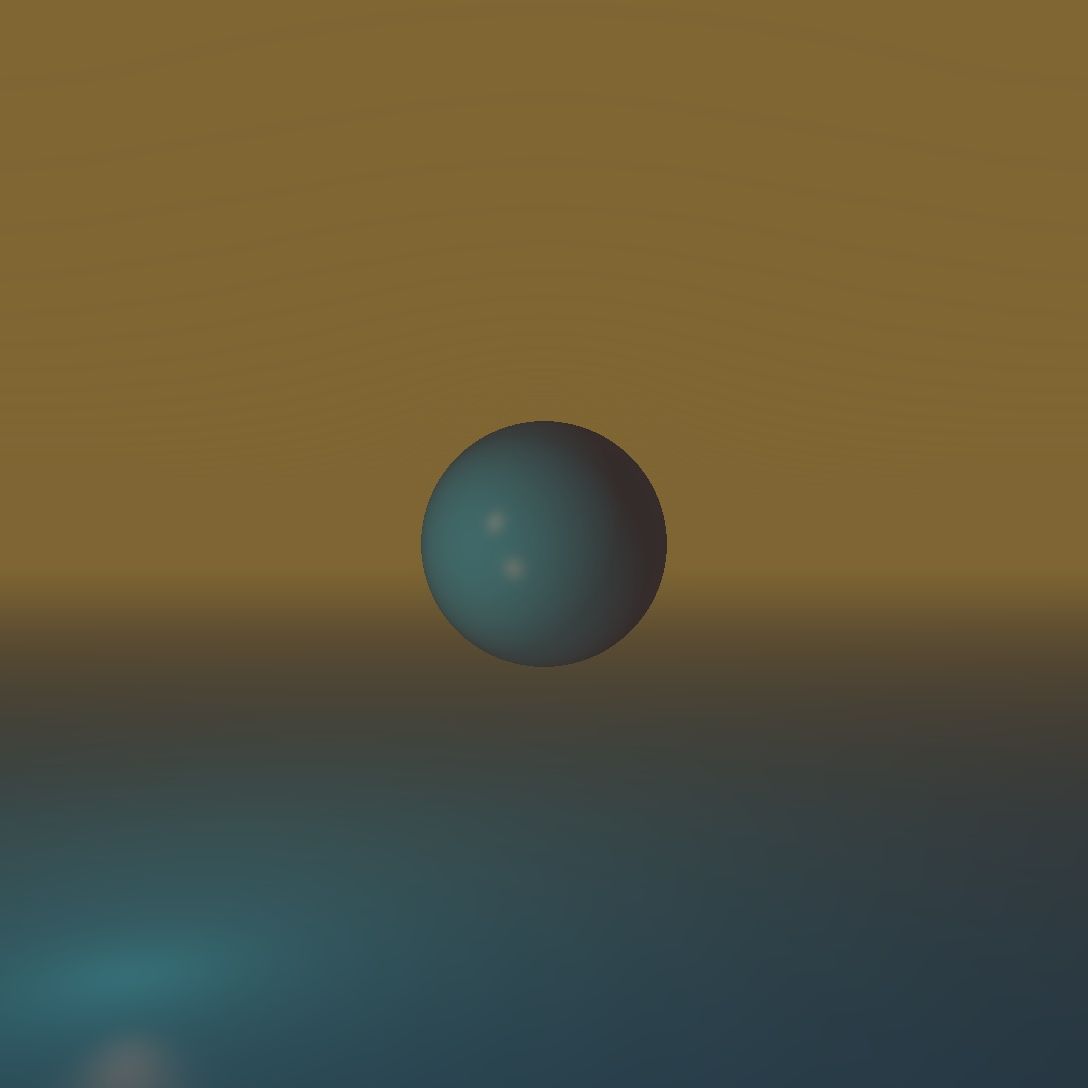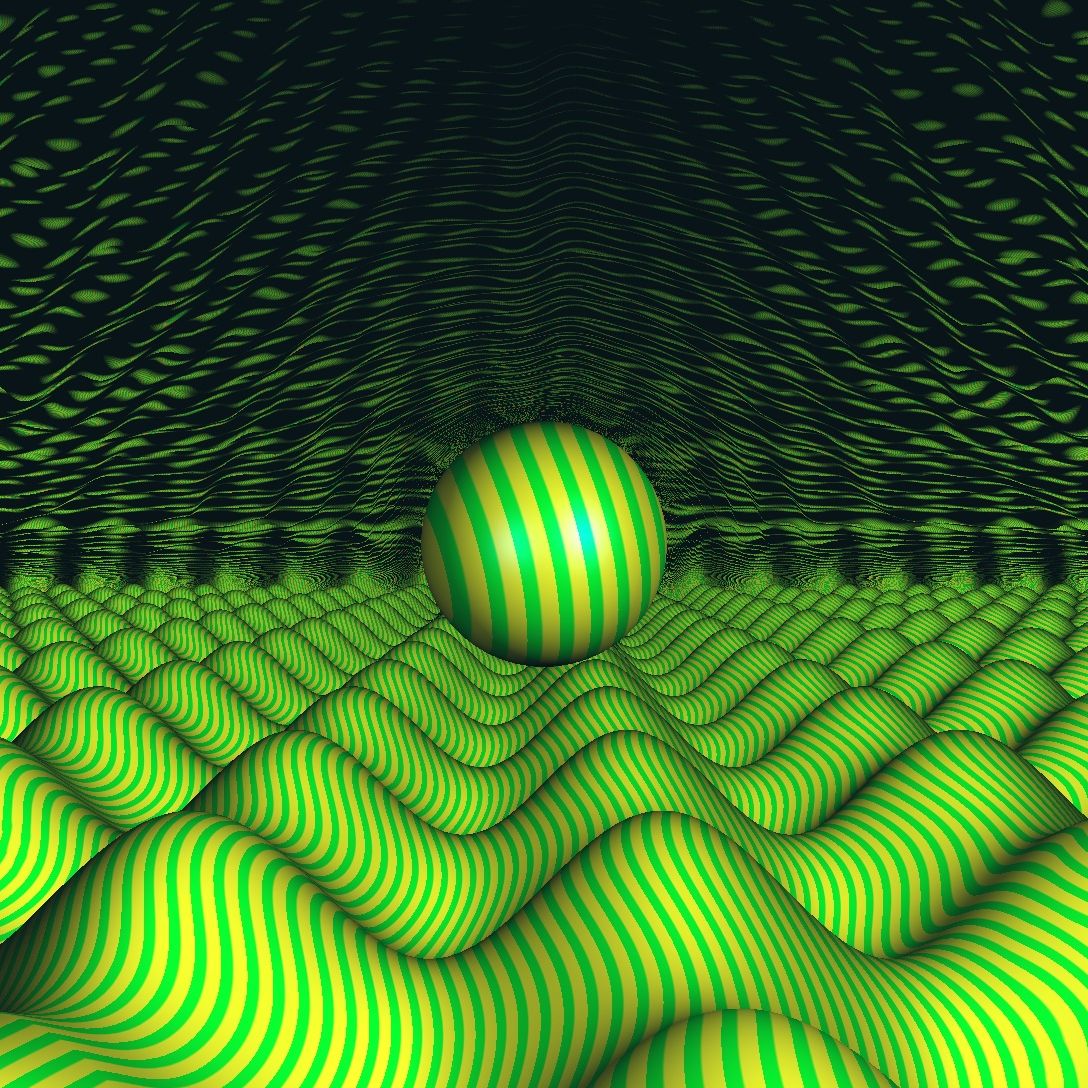Always intrigged by shaders and what they can do, I first discover them at work when helping graphists to build effects in Unity 3D. Then I forget about shaders. But…
One day I fall on ShaderToy and was stuck by what they where capable of. So I dive-in following different tutorials TheArtOfCode, TheBookOfShaders.
Start playing with “blobs” (isosurfaces)
First I try to make a kinf of lava lamp, and inspired myself from a pixar article, I hack GLSL shaders using the GlslCanvas and ShaderToy Visual Studio Code extentions.
Bellow the evolution of my tries.
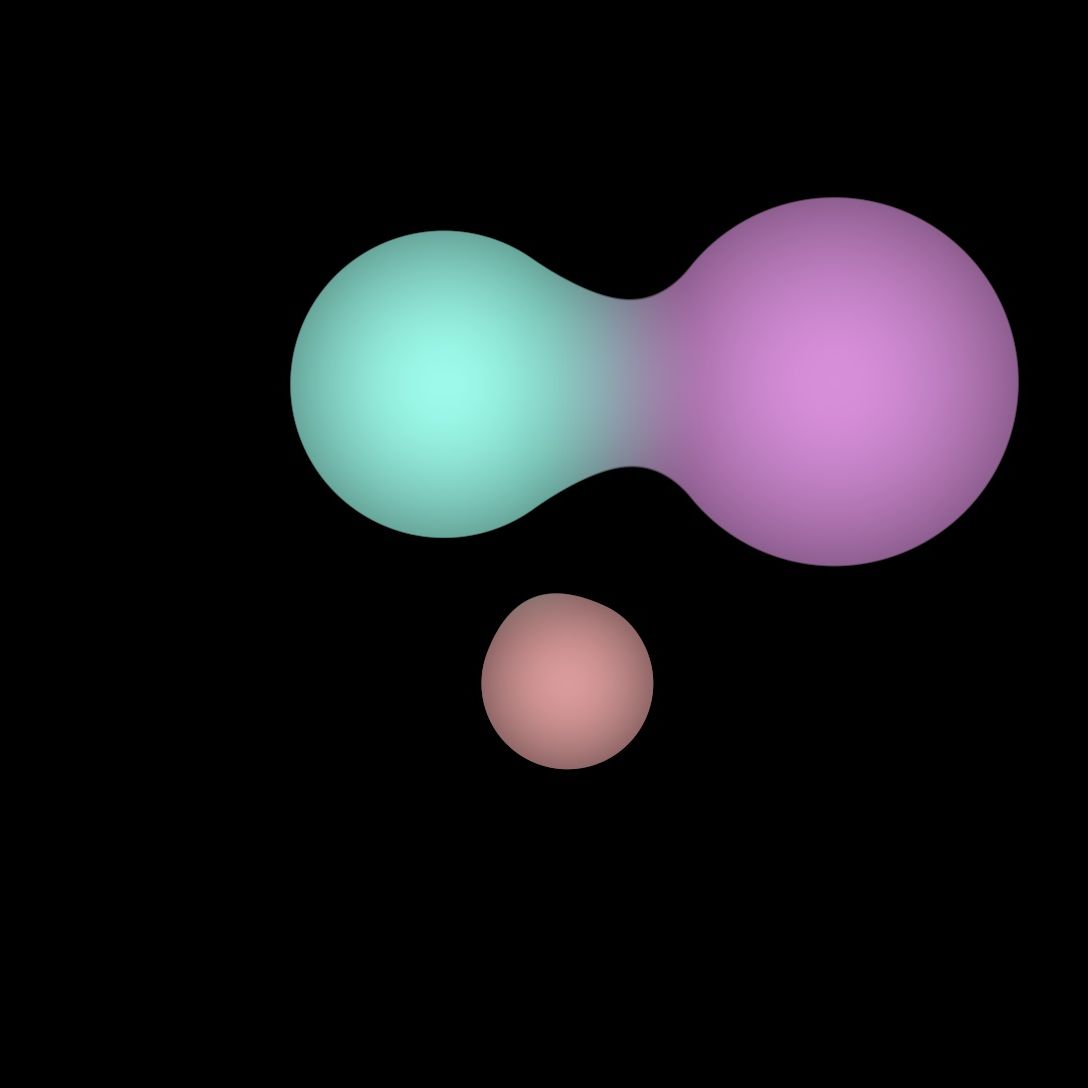
Then add more ‘blobs’, layers and use color map to get these:
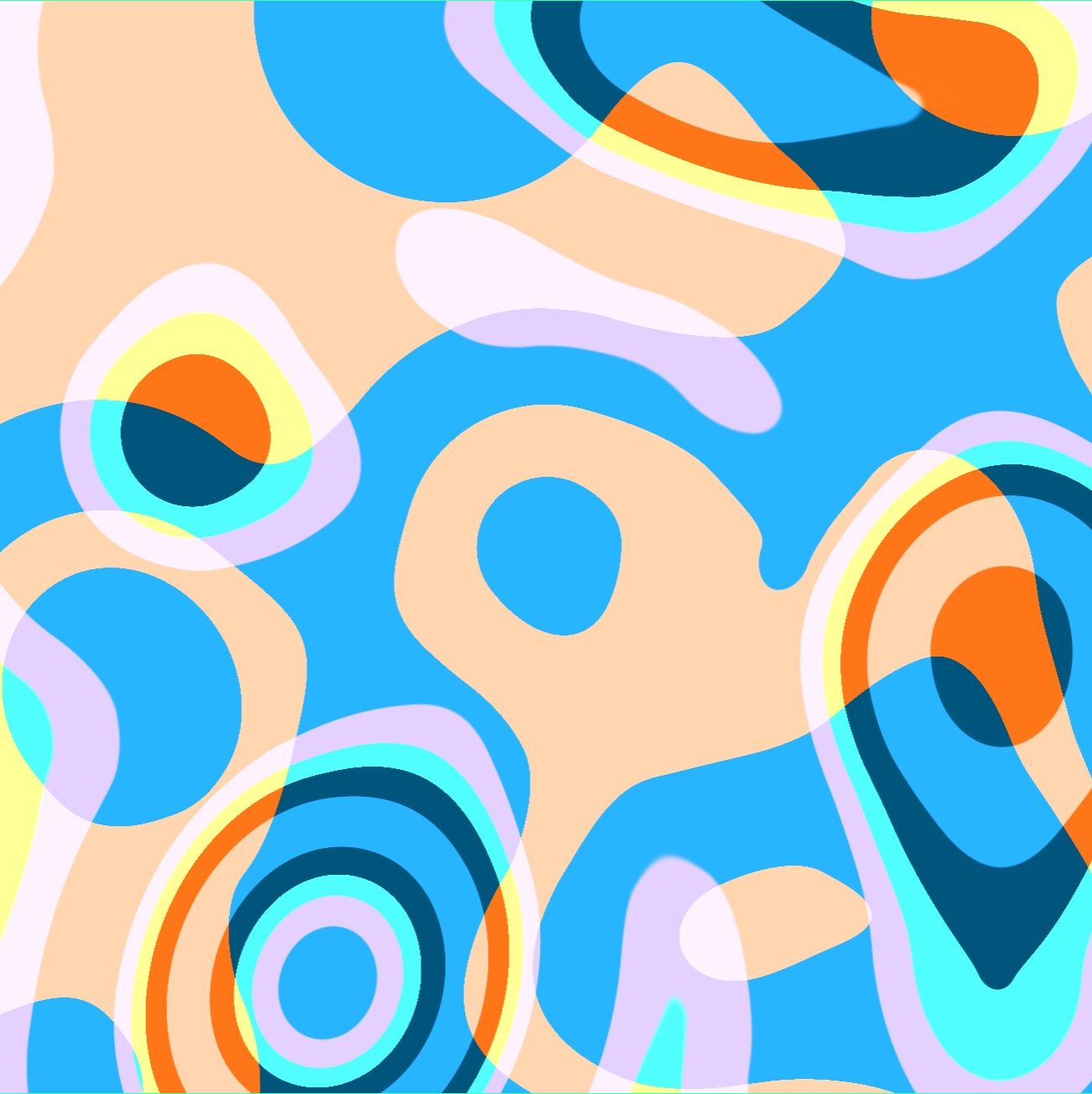
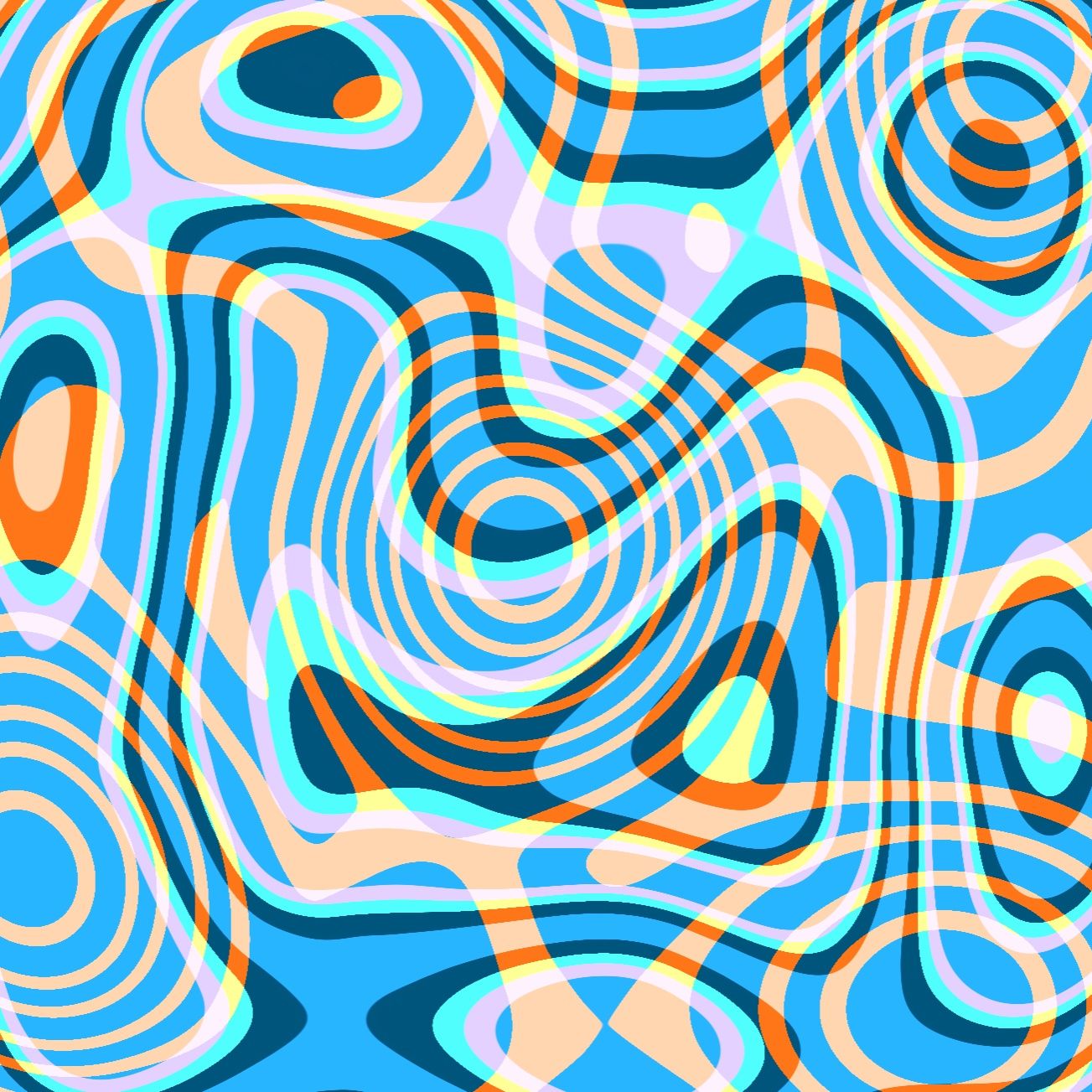
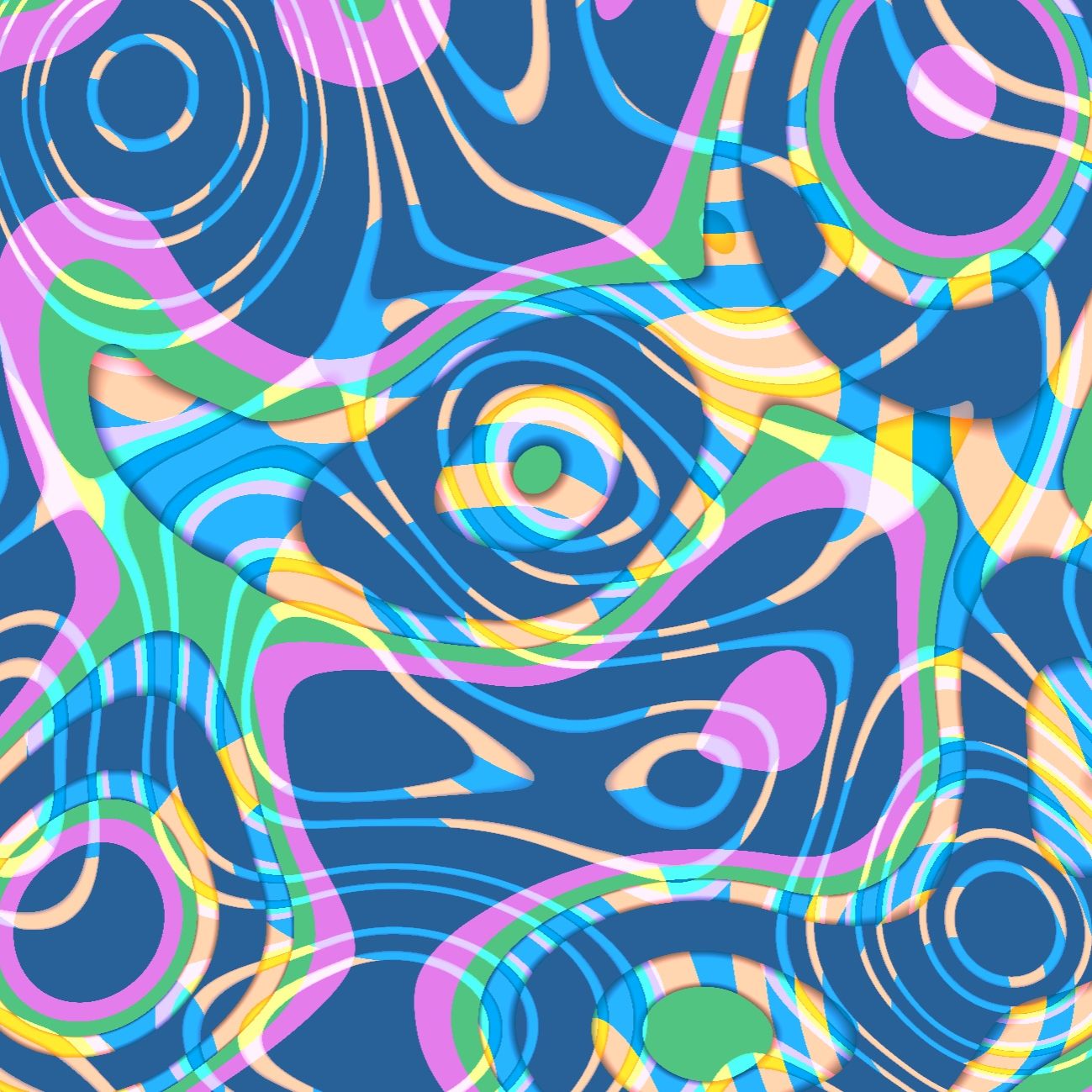
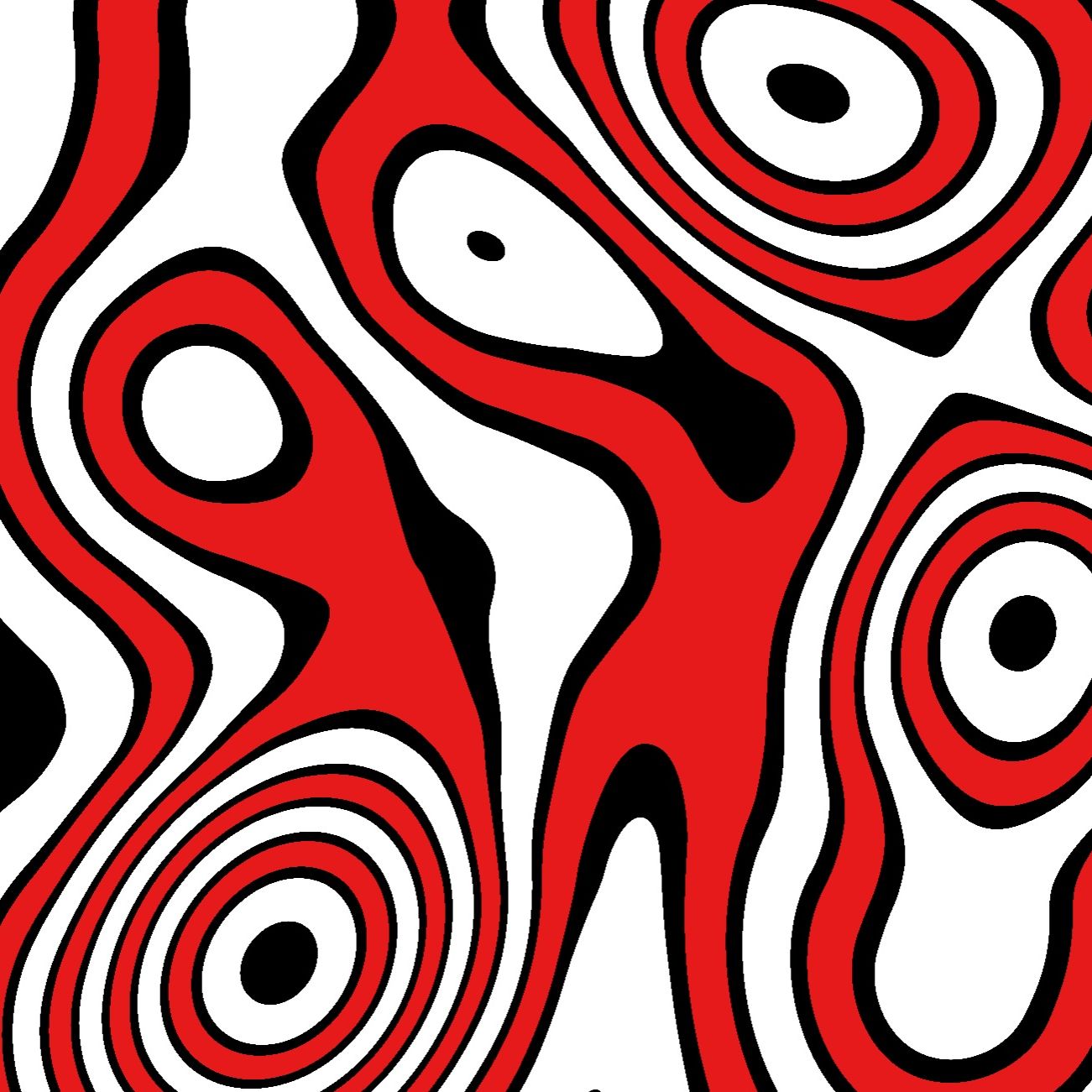
Adding perlin noise
For more info on perlin noise, see this video.
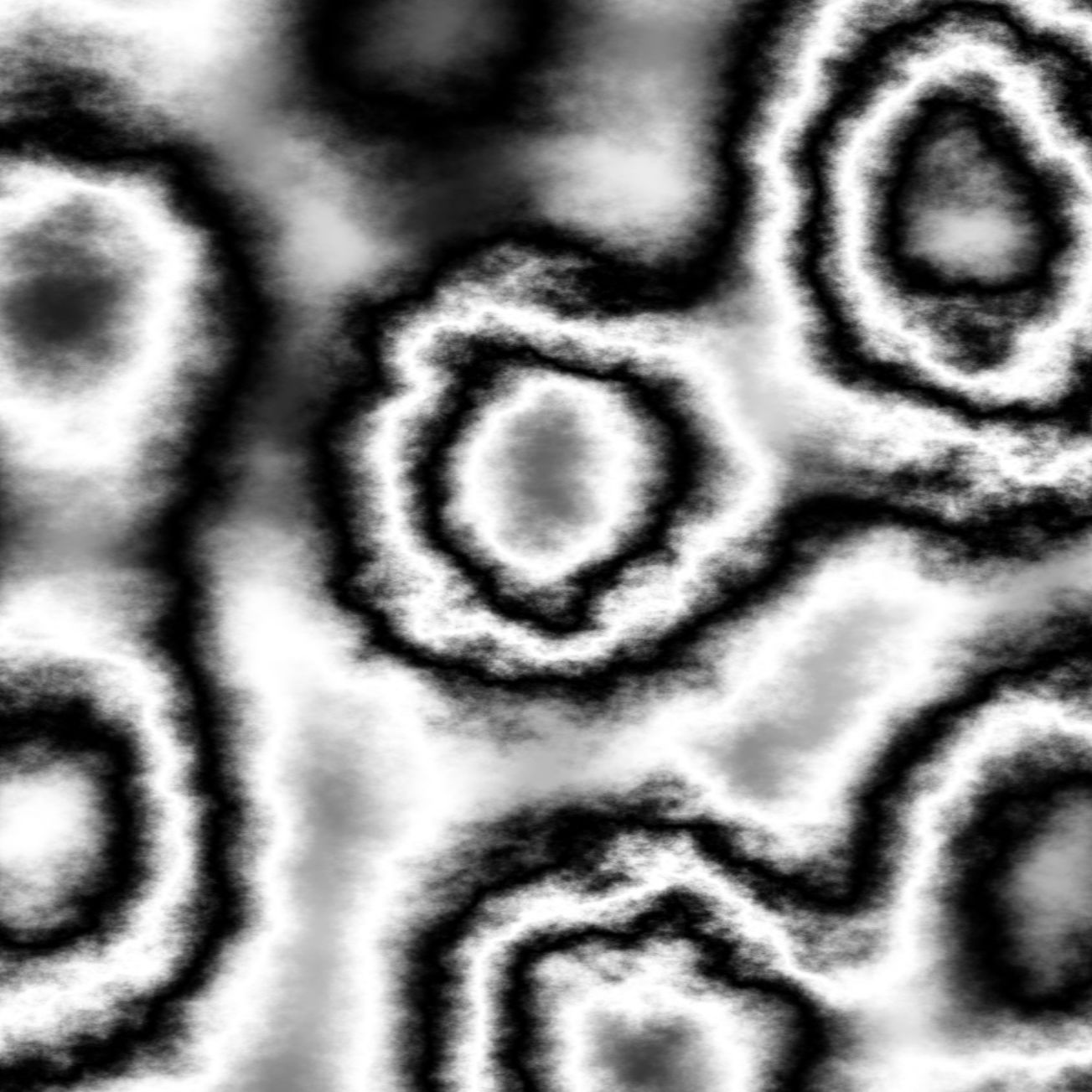
Playing with color and shape merge
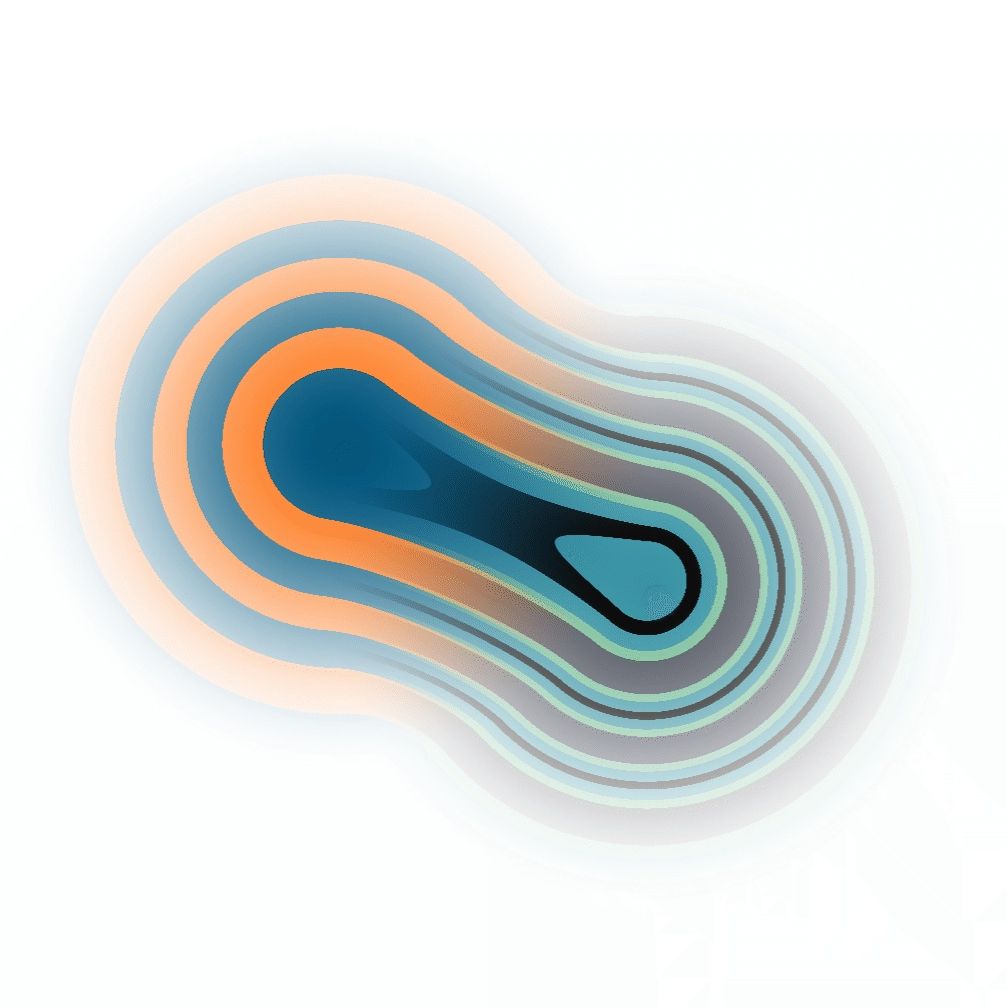
Playing with fract
Fract allow to keeping only the fractional part of a value, 1.2456 => 0.2456. This allow you to create square spaces to handle local drawings.
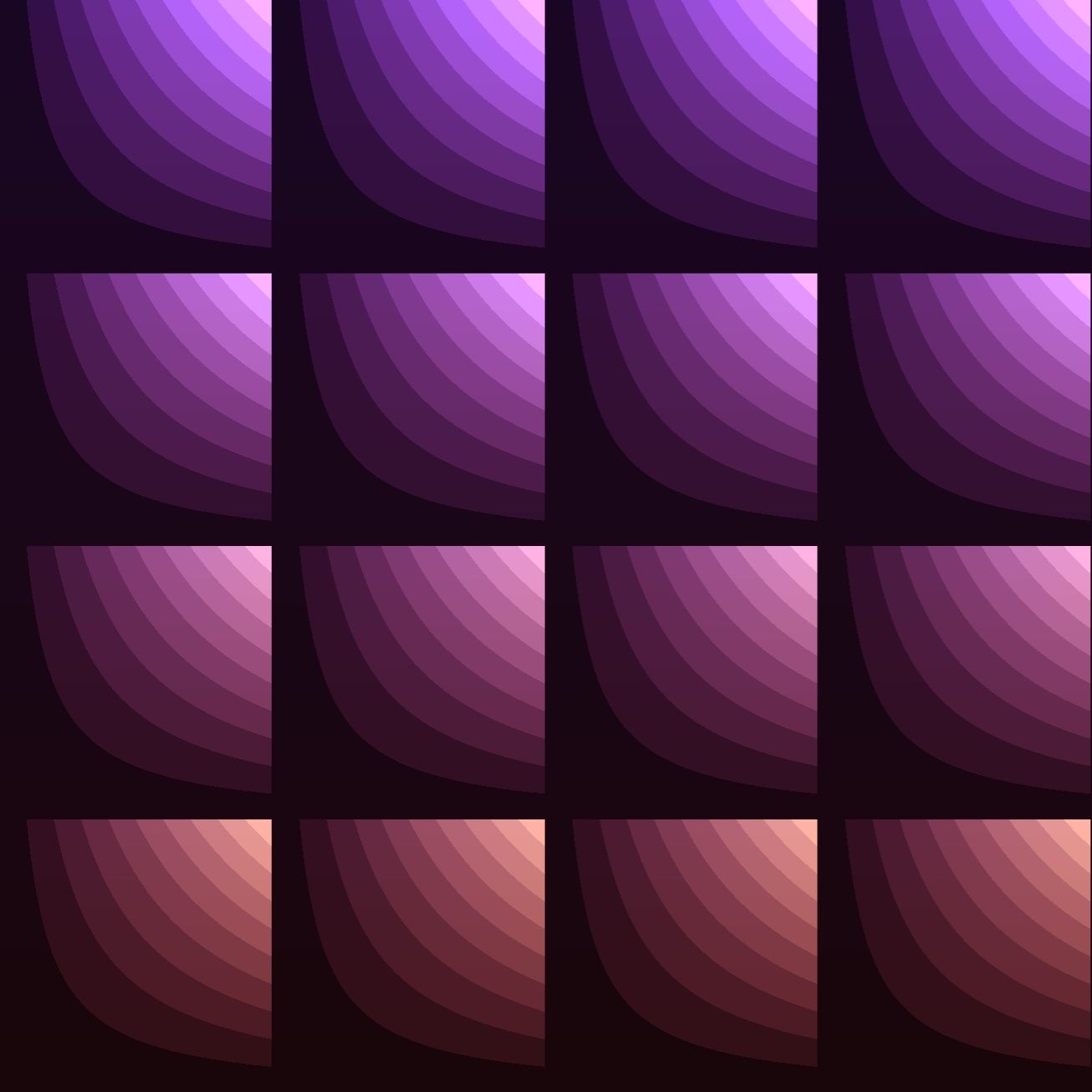
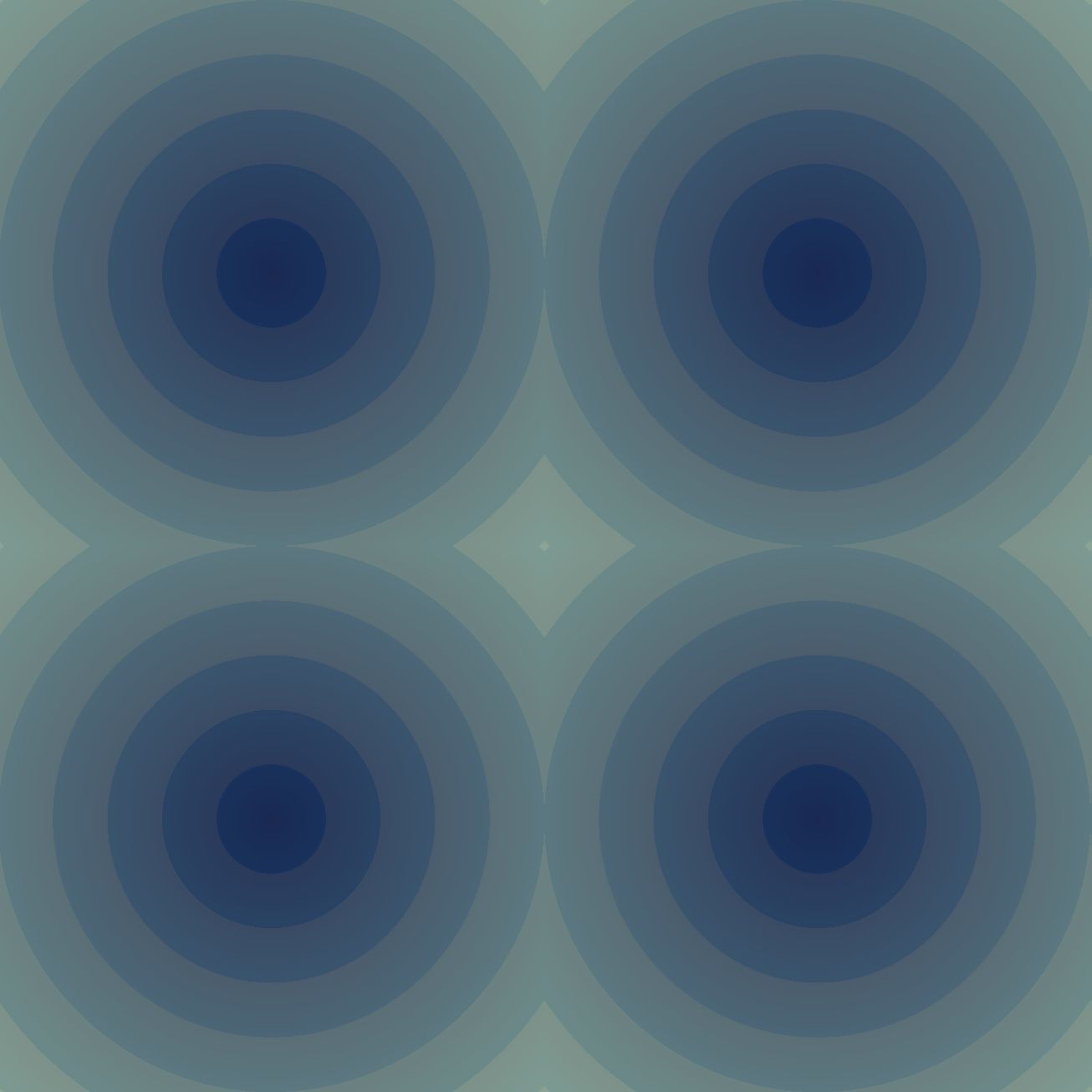
Playing with Voronoy
For more info on Voronoy, see this video.
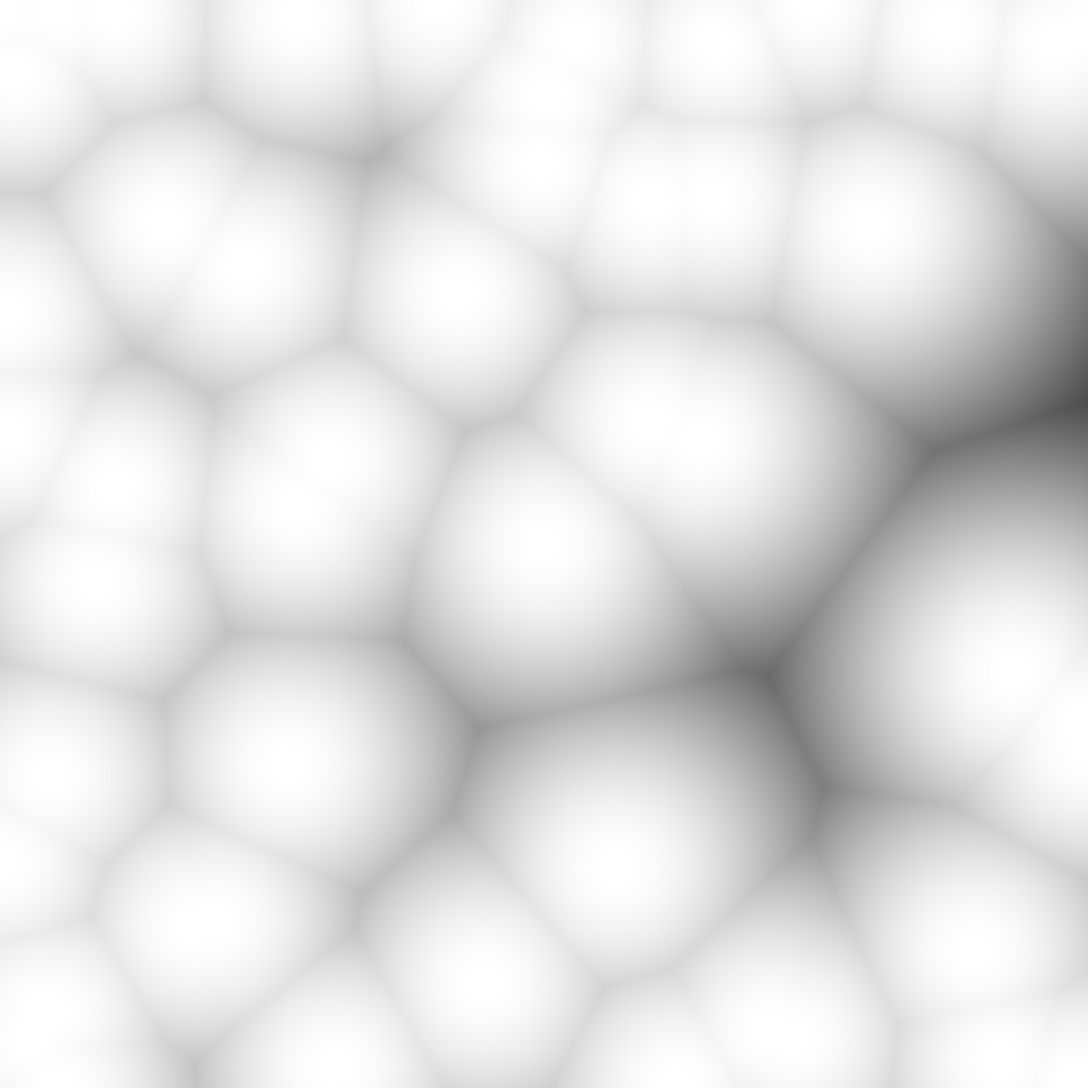
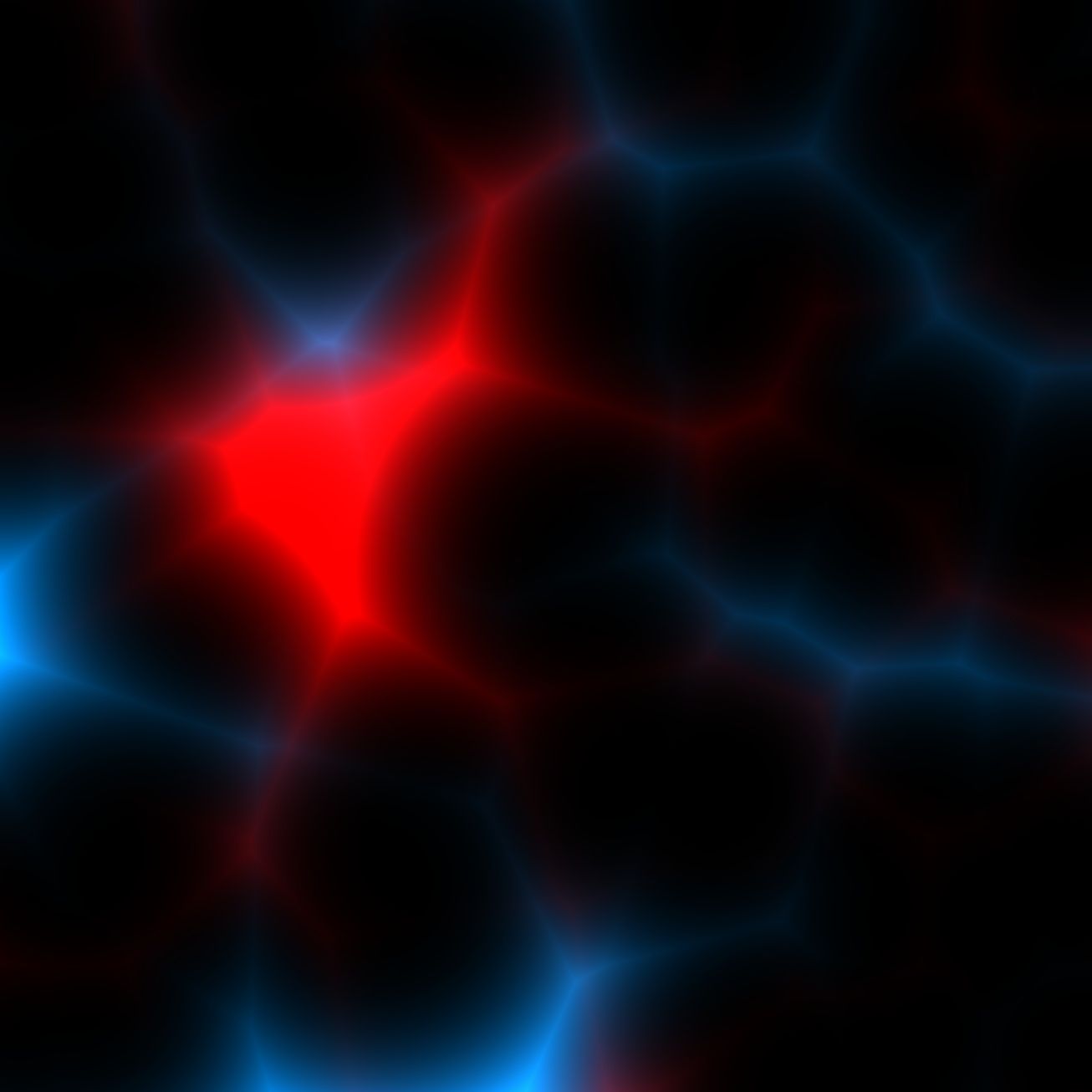
Playing with polar coordinates
For more info on polar coordinates, see this video.
Changing from x,y coordinates to angle and length.
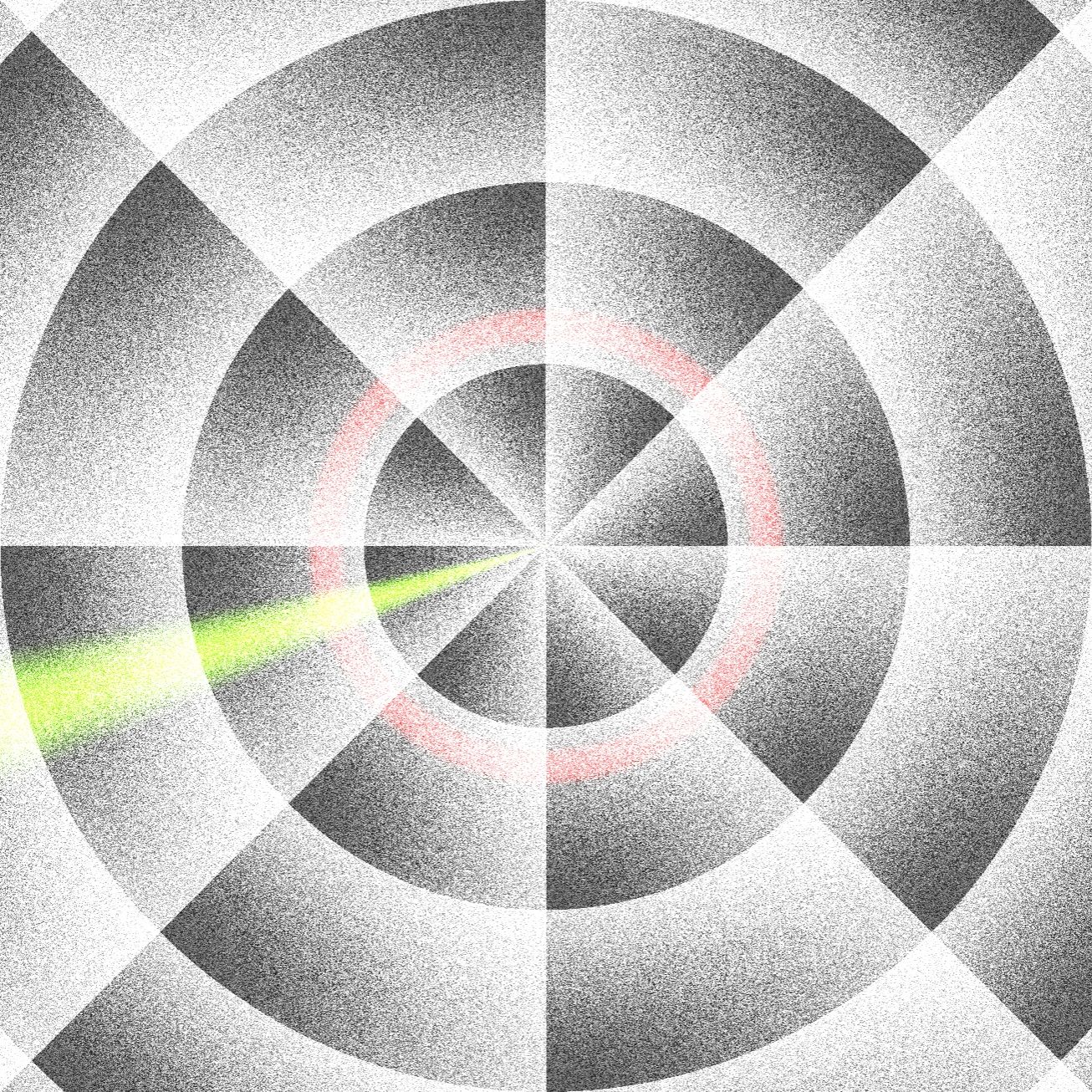
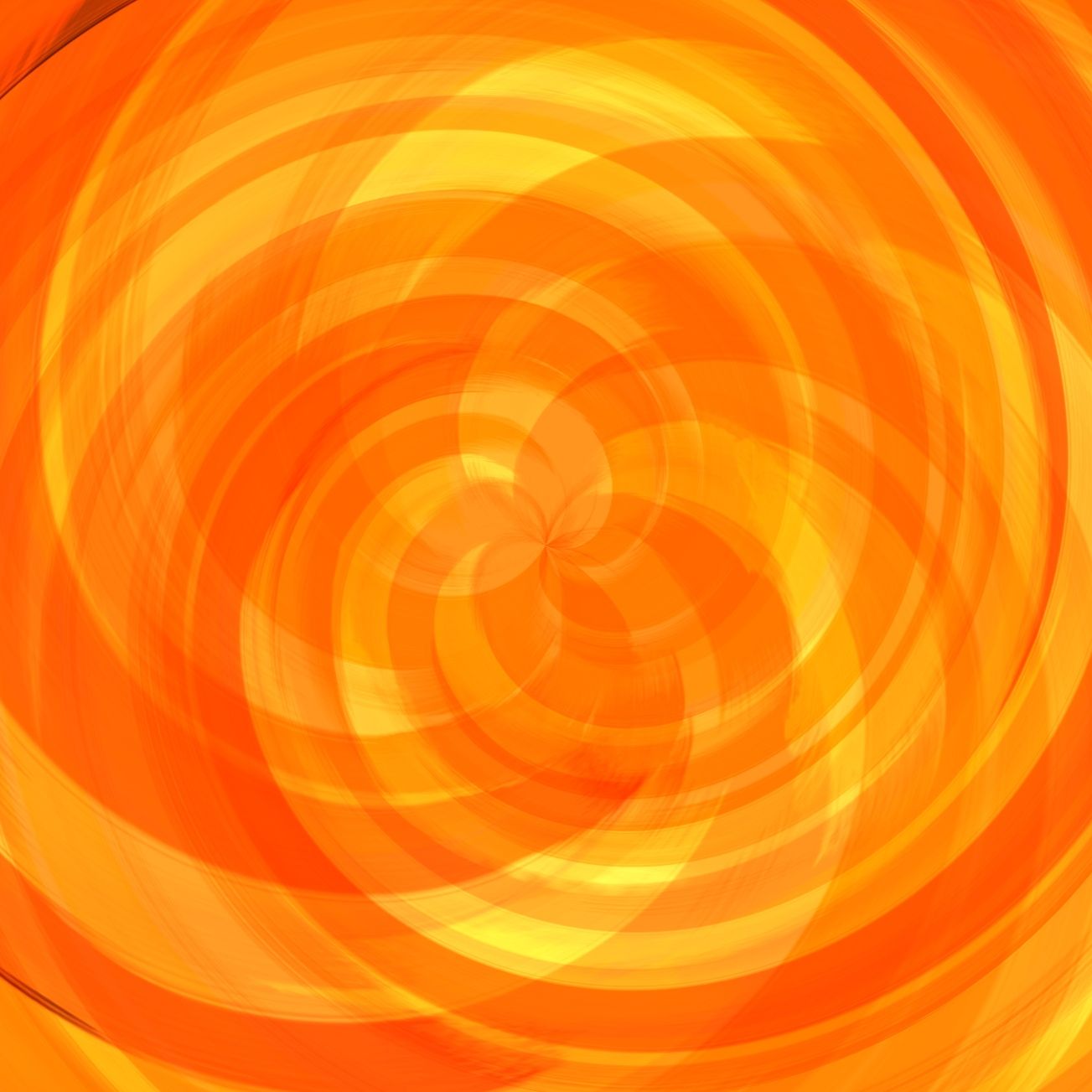
Playing with raymarching
Ray-marching or sphere-tracing is a simplified version of ray-tracing, that allow to build a 3D renderer in a single shader file. For more information see this great video.
